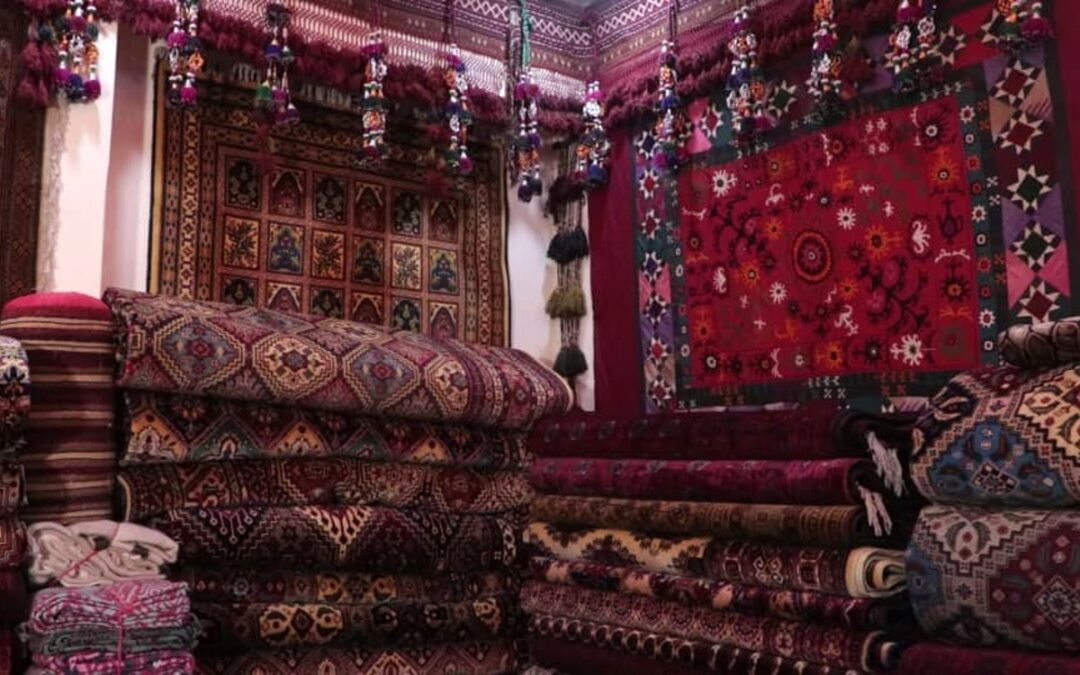Akhundzada Abdul Salam Jawad, spokesperson for the Ministry of Industry and Commerce, announced that Afghanistan exported carpets worth nearly $15 million during the solar year 1403.
According to the ministry, Pakistan, Australia, Iran, Turkey, Turkmenistan, Germany, and several other countries were the primary destinations for Afghan carpet exports last year.
Jawad further elaborated: “Afghanistan exported 3,632 metric tons of carpets in 1403, with a total value of approximately $15.2 million. These exports were destined for countries including Pakistan, Australia, Iran, Turkey, Turkmenistan, Uzbekistan, Germany, the Netherlands, the United States, India, Canada, the United Arab Emirates, Saudi Arabia, and others.”
Meanwhile, a number of carpet vendors in Kabul have emphasized the importance of this industry and are calling for more national and international exhibitions to showcase their products.
Mohammad Haroon, a carpet seller in Kabul, told: “Only a small number of Afghans participate in international exhibitions. The opportunity to participate is very limited. We ask the government to provide broader access for carpet traders and artisans to attend international trade fairs.”
Shafiq, another carpet seller, added: “We are happy to see the growth of our local carpet industry. Our second request to the government is to reduce the taxes imposed on us.”
On another front, the Union of Carpet Manufacturers and Exporters of Afghanistan has also highlighted the growing interest of international markets in Afghan handwoven carpets and is urging the government to facilitate carpet transportation.
Mohibullah Kohi, a board member of the union, told “We are unable to deliver our carpets from here to the US, Germany, or Turkey in less than 20 days, while others can do so in just two days. For example, when a customer asks us to deliver goods within 15 days, we cannot do it even in 20. This is one of our biggest challenges.”
Carpet weaving remains a key traditional industry in Afghanistan, particularly in northern provinces such as Jawzjan, Balkh, Faryab, and Sar-e-Pul, where many citizens are engaged in this craft. According to the Ministry of Industry and Commerce, over 1.2 million people in Afghanistan are employed in the carpet manufacturing and export sector.

